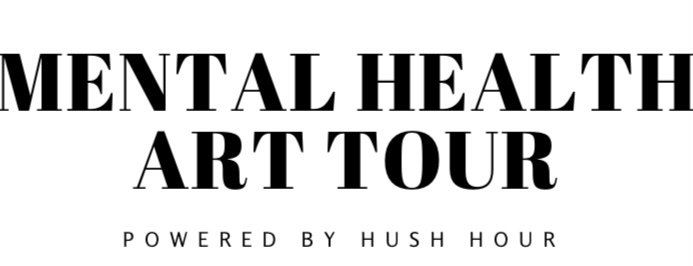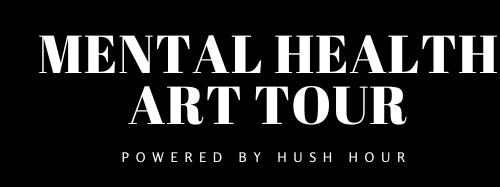Mohamedou Ould Slahi
Artwork Irene Hoff
From Captivity to Redemption
Born in Mauritania, Mohamedou Ould Slahi spent 14 years in the notorious Guantánamo Bay prison without ever being officially charged. While imprisoned, he published his gripping memoir Guantánamo Diary in 2015. In 2016, he was released and returned to Mauritania. His life story later became the basis for the film The Mauritanian.
Forgiveness is not for others, but for yourself.
Mental Health
Art Tour
A Childhood in Mauritania
Mohamedou was born as the ninth of twelve children in a large, close-knit family in Nouakchott. “My father passed away when I was young. My mother was an incredibly strong woman. I remember her with prayer beads in her hand, hoping for better times. She was my anchor.” As a young boy, he earned a scholarship to study electrical engineering in Germany, opening doors to a new world—but also exposing him to great injustice.
From Freedom to Imprisonment
In the early 1990s, Mohamedou traveled to Afghanistan to fight against the Russian occupation, joining a group that would later become known as Al-Qaeda. He had connections with individuals close to Osama Bin Laden, including his cousin. These ties eventually led to his arrest and imprisonment at Guantánamo Bay.
In 2001, Mohamedou was arrested without charge, falsely accused of involvement in terrorism and the 9/11 attacks. He was tortured, deprived of sleep, and imprisoned for years without any evidence. “They took everything from me, even my identity.” The most traumatic moment of his captivity came when he learned—surrounded by prison walls and guards—that his mother had passed away. The pain of never being able to see her again or say goodbye remains unbearable.
In 2005, investigators concluded there was no evidence linking Slahi to crimes against the United States or its allies. A judge ruled in his favor in 2009, yet he remained imprisoned for another seven years—without charge or proof.
Surviving Through Singing and Forgiveness
How does one survive fifteen years in one of the world’s most infamous prisons? For Mohamedou, the answer lay in music and faith. He sang for hours, often reciting verses from the Quran, until exhaustion took over. This allowed him to hold onto something greater than himself. He also found strength in forgiveness.
“Forgiveness is not for others, but for yourself. It helped me not to be consumed by hatred. I chose to remain human, despite what was done to me.”
A New Beginning Through Art
During his imprisonment and after his release in 2016, Mohamedou turned to writing. His memoir became a global success, giving a voice to all innocent victims of injustice. “Writing allows me to understand and process my trauma. Paper doesn’t judge—it listens.”
Beyond writing, he now dedicates himself to artistic projects with refugees and others who have experienced trauma. “Art connects us. It helps transform pain into something beautiful, something that can touch and inspire others.”
A Message of Hope
Mohamedou emphasizes the importance of talking about trauma. “As long as we stay silent, pain grows. But by sharing, we create space for healing.” He hopes his story will inspire others.
“If I’ve learned anything, it’s this: trauma makes us vulnerable, but also stronger. If we choose kindness and forgiveness, we can rise even from the deepest darkness.”
His dream? To make people realize that mental health is just as important as physical health. “Talking, art, and forgiveness are the keys to a healthier and happier life.” With his unbreakable spirit and deep empathy, Mohamedou Ould Slahi is a powerful example of how resilience can shine light even in the darkest moments.





